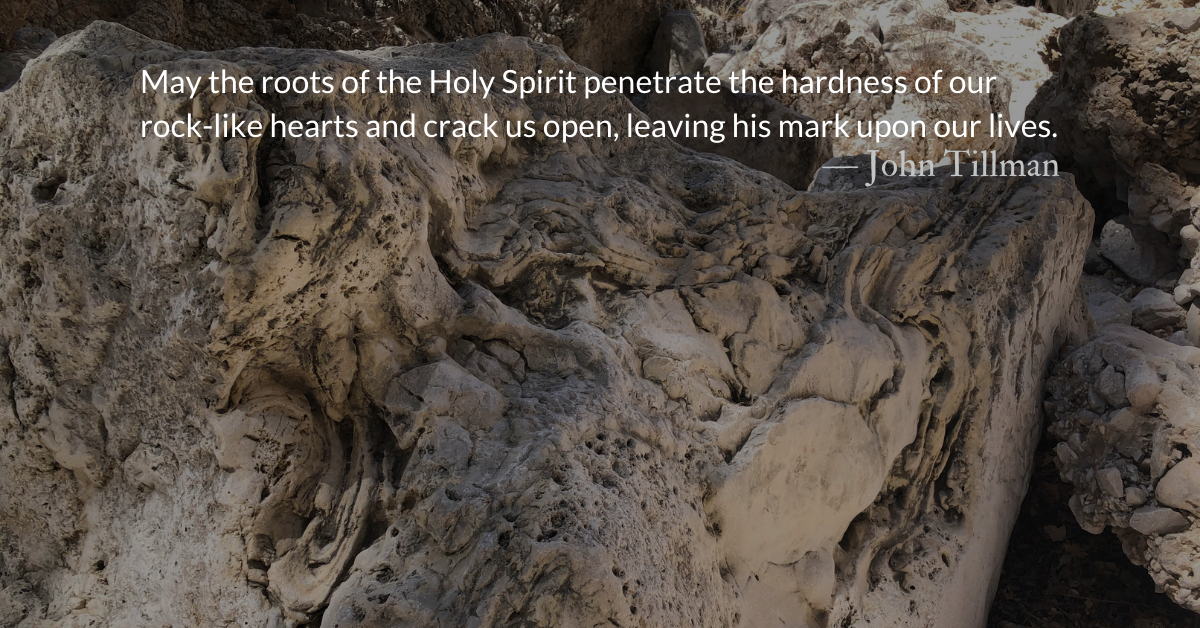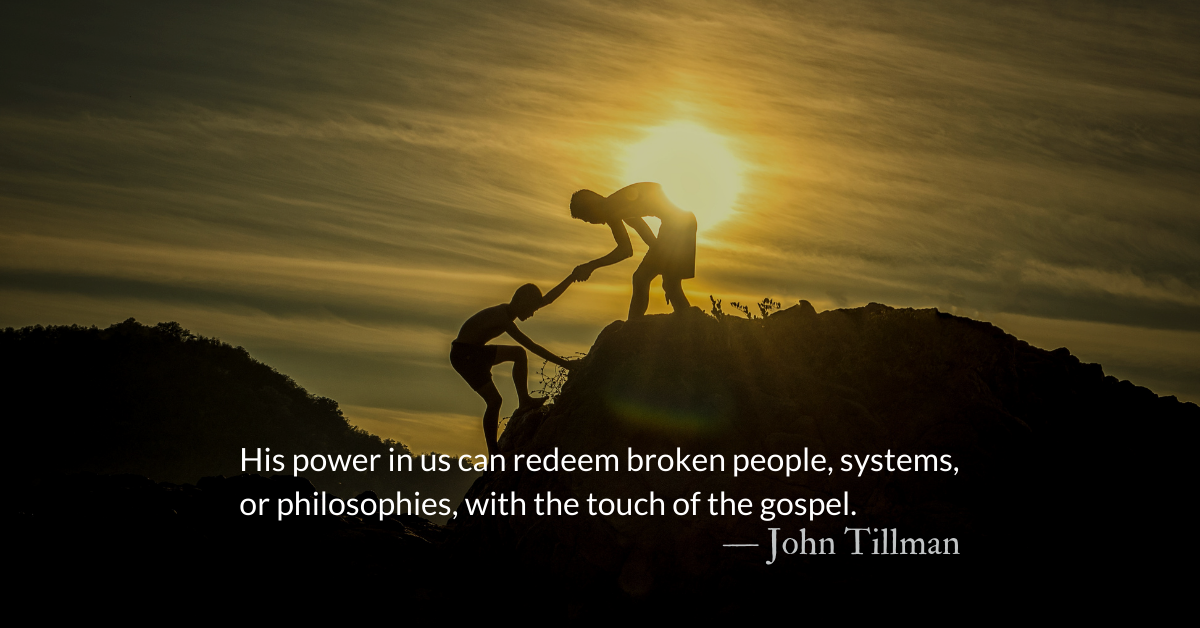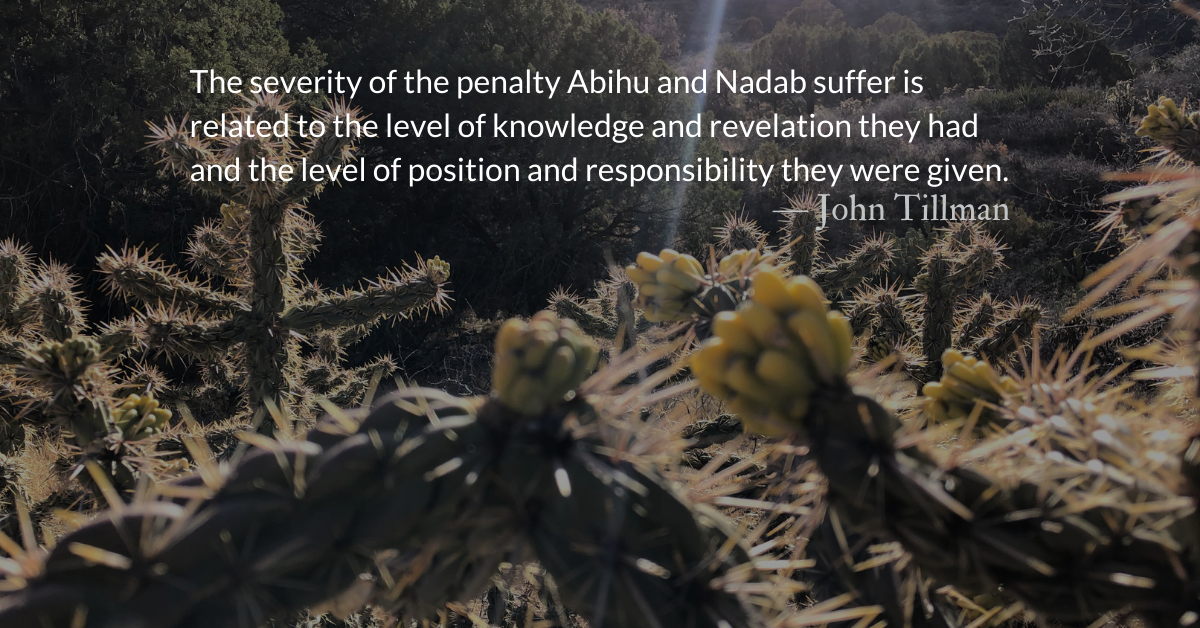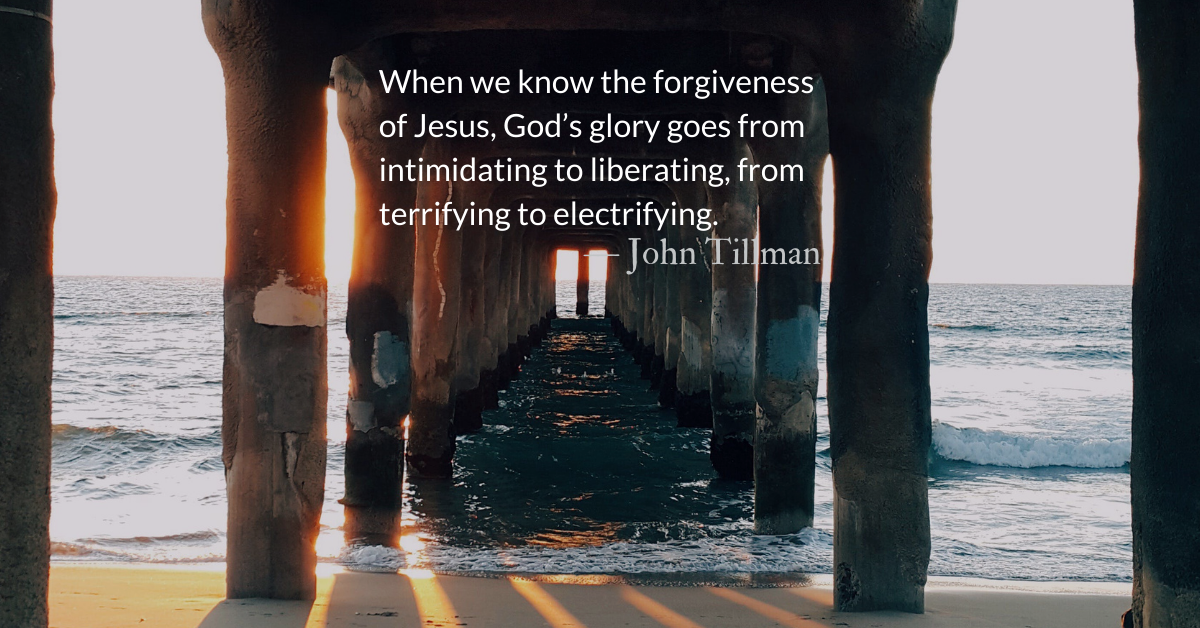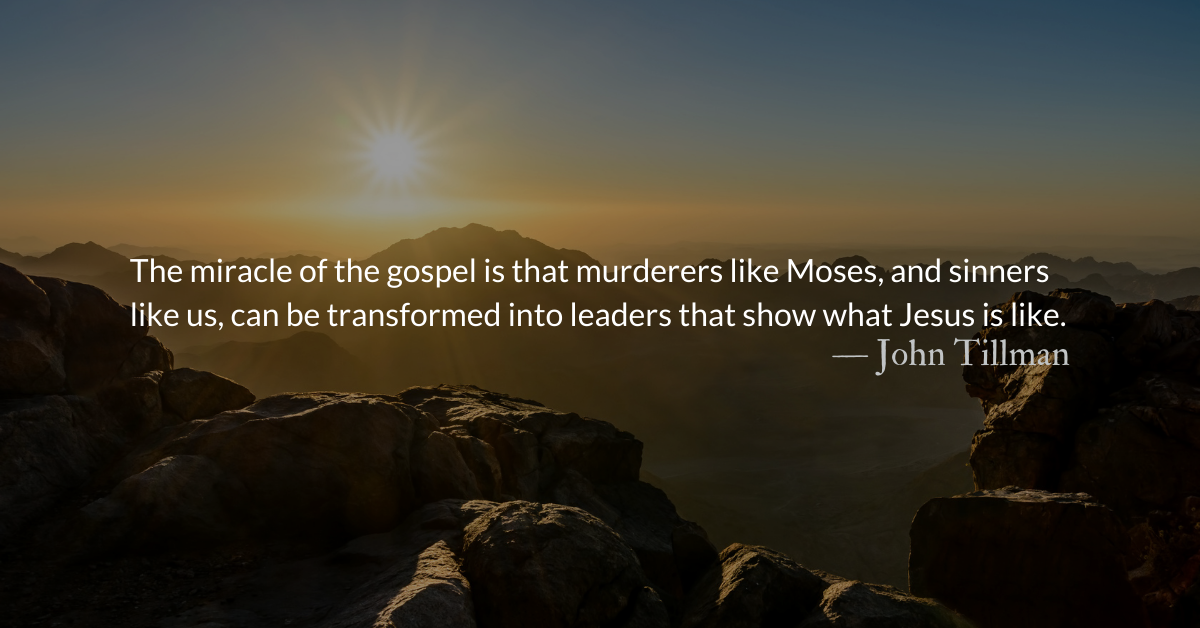Scripture Focus: Psalm 15
1 Lord, who may dwell in your sacred tent?
Who may live on your holy mountain?
2 The one whose walk is blameless,
who does what is righteous,
who speaks the truth from their heart;
3 whose tongue utters no slander,
who does no wrong to a neighbor,
and casts no slur on others;
4 who despises a vile person
but honors those who fear the Lord;
who keeps an oath even when it hurts,
and does not change their mind;
5 who lends money to the poor without interest;
who does not accept a bribe against the innocent.
Whoever does these things
will never be shaken.
From John: After reflecting on holiness as separateness and not superiority, this post from 2019, shows us how the gospel will never stop working its way into our lives to make every part of us holy. The picture used today is one from a hike my wife and I took in the Guadalupe Mountains. A rock had been tumbled to the floor of the wash that we were hiking up, and the marks of the roots of the tree that split the rock were still visible on it.
May the roots of the Holy Spirit penetrate the hardness of our rock-like hearts and crack us open, leaving his mark upon our lives.
Reflection: Overgrown by the Gospel
By John Tillman
Psalm 15 lays out what David sees as God’s requirements for his holy people.
Reading it, we can deceive ourselves into thinking God is describing us. But if we are humble and honest, we will be struck by how far short we fall, and how rare even one of these qualities is in our world, much less all of them together.
How then, can we ever hope to dwell with God? How can we become his people and live in his kingdom and its city?
This list is not intended to be a list of ways we must prove or earn our way into God’s kingdom. Those who will live with God, as described in the psalm, are those who respond to his call, and to whom he responds by sending the Holy Spirit. Paul describes the Holy Spirit as both a down payment and a renovator of our inner being.
The gospel can be accepted in an instant, but it works in us a transformation that accelerates over time. The qualities of the people of God are cultivated by God. They are the blossoms and blooms of actions that the Holy Spirit will plant in us when we surrender to him.
When the seed of the gospel begins to grow in us, it is like the springing up of a tree from a crack in our hardened, concrete heart. As it grows, the concrete doesn’t stand a chance. The roots swell and crush the rock, cracking it open to expose the earth beneath. Soon the concrete structure is unrecognizable and covered with green growth.
Cultivation begins with destruction. May the gospel make ruins of our pride and selfishness. May we be overgrown by the gospel.
May our concrete hearts be cracked open by the swelling roots of the gospel in our lives.
May parking lots for our possessions become parks to share with our community.
May every sealed off vault of sin with reinforced concrete walls be ruined by the invading growth of our new nature.
May our self-worshiping architecture be overgrown, cracked open, and torn down by the persistent growth of what the Holy Spirit cultivates in us.
May our controlled environments become reclaimed land that is transfigured into the wild beauty of the garden of God.
Divine Hours Prayer: The Refrain for the Morning Lessons
Everyone will stand in awe and declare God’s deeds; they will recognize his works. — Psalm 64.9
– Divine Hours prayers from The Divine Hours: Prayers for Springtime by Phyllis Tickle
Today’s Readings
Leviticus 13 (Listen – 9:34)
Psalms 15-16 (Listen – 2:03)
This Weekend’s Readings
Leviticus 14 (Listen – 8:11), Psalms 17 (Listen – 1:58)
Leviticus 15 (Listen – 4:59), Psalms 18 (Listen – 5:47)
Read more about Cultivation Starts With Destruction
Cultivation often begins with the smell of fire, the wielding of sharpened metal tools, and the sounds of chainsaws.
Read more about Cultivation Is Supernatural
Cultivation is not natural. It is supernatural. We give plants a safer, healthier place to grow than exists naturally, and they give us better food in greater quantities.
https://theparkforum.org/843-acres/cultivating-is-supernatural/

